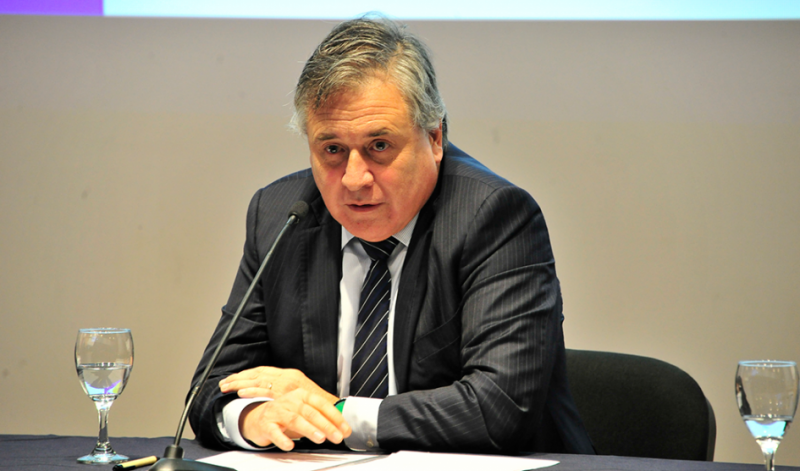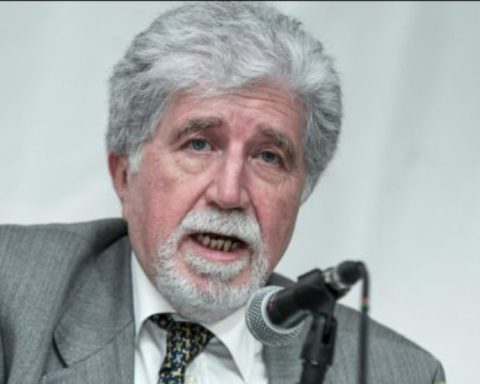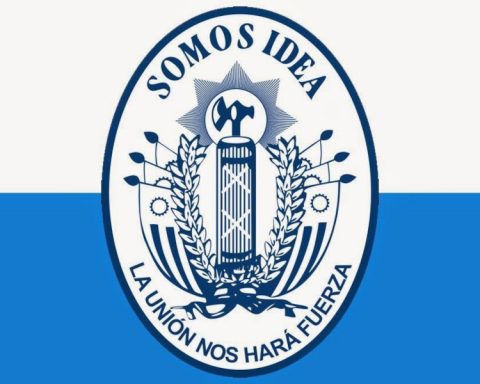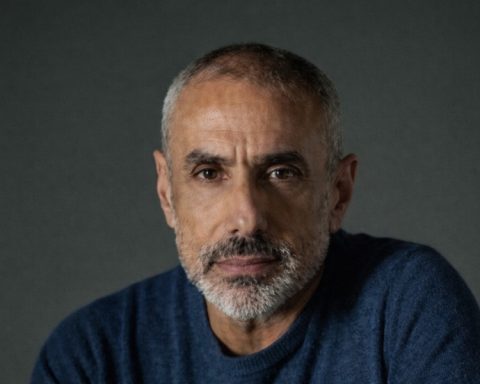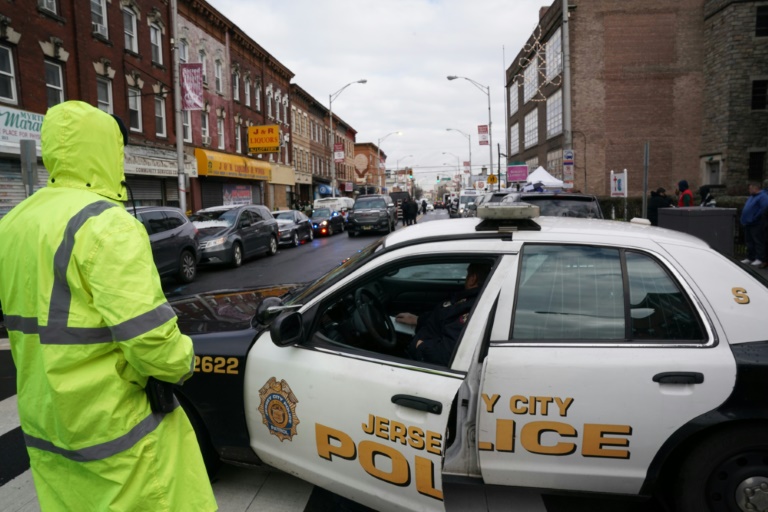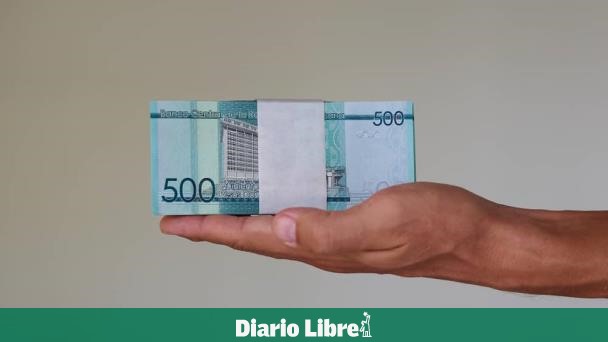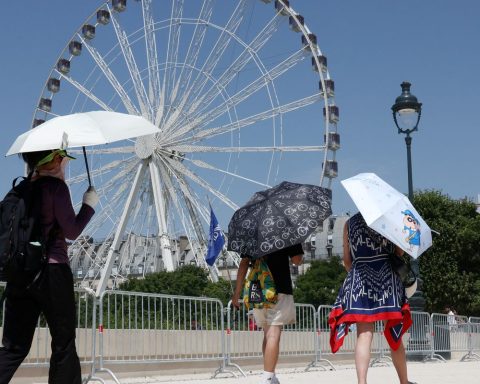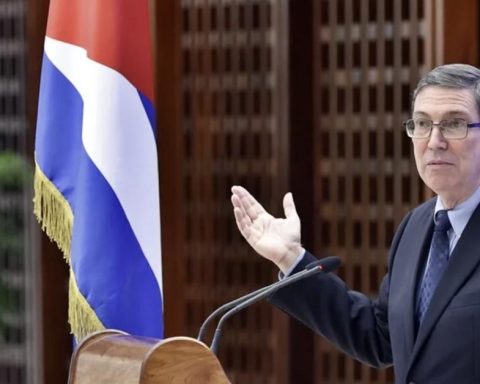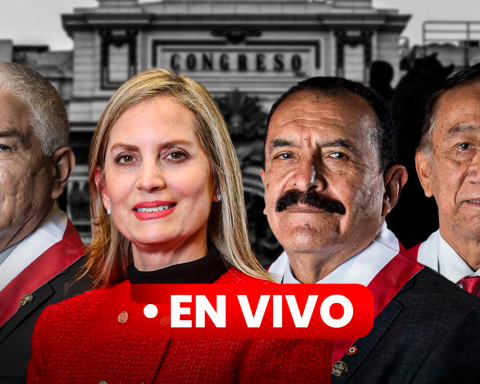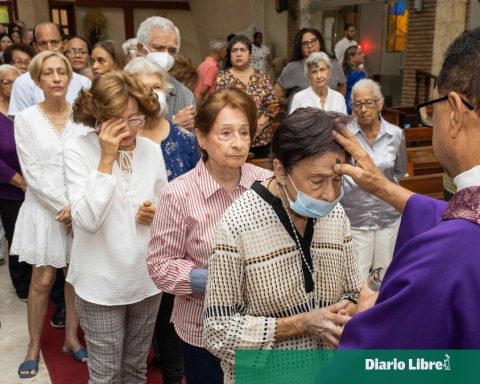The announcements made by the Ministry of Industry, Energy and Mining (MIEM) include the establishment of regulations and the signing of agreements with public bodies and private companies to consolidate policies aimed at electric mobility. The head of the portfolio, Omar Paganini, said that efforts are being made to increase the supply and demand for vehicles of this type and to increase infrastructure.
The measures to materialize the energy transition suggested by the ministry include the abolition of the value of the internal specific tax (Imesi) on electric vehicles, the creation by decree of a dialogue table for electric mobility and charging interoperability, a call to those interested in install vehicle chargers to incorporate a platform that is being developed nationwide and the establishment of a promotional period so that private companies that install these devices on public roads are exempted for 30 months from paying power and fixed charges, although They must assume the cost of civil works and the connection.
The launch of the measures, held in the Executive Tower, was also attended by the Undersecretary of the MIEM, Walter Verri, and the National Director of Energy, Fitzgerald Cantero.
In the presentation, Paganini said that the second energy transformation, led by that Secretary of State, plans to promote the reduction of the use of oil in transportation, industry and residences. In addition, he argued that Uruguay has an important renewable matrix, which allows it to expand the use of electricity to eliminate fossil sources in transit.
He added that the announcements promote the incorporation of vehicles of this class in the private sphere and, for this, it is planned to establish two decrees: one to establish an electric mobility dialogue table, which allows obtaining inputs to implement public policies, and another which includes charging interoperability, to regulate the security measures of charger systems and establish a national network.
The Secretary of State explained that the provision to suppress the value of the Imesi in the purchase of these cars applies to operations started from January 1, 2022.
Public-private coordination to specify actions
Verri revealed that agreements will be signed with different national and international organizations to promote education, the installation of chargers and sustainable mobility.
In the first, which involves the National Directorate of Energy (DNE) and the Salto Grande Joint Technical Commission, the installation of a minimum of 8 direct current chargers is planned in the border corridors with Argentina and Brazil, which will allow boosting the Mercosur electric route. This action implies the investment of up to 10 million pesos from each of the parties.
A second agreement, between the DNE and the Technological University, will favor the establishment of an assisted pedaling bicycle system for students.
The objective of the third agreement, between the Inter-American Development Bank (IDB), the General Directorate of Professional Technical Education (DGETP), the National Institute of Employment and Professional Training (Inefop) and the German Chamber, is to generate employment and knowledge in areas of innovation linked to the energy transition.
Subite Program encourages electric public transport
In the activity, the portfolio informed about the creation of the Subite Buses program, First Electric Bus, which will consist of the contribution of 43 million pesos for the purchase of a minibus for departments that do not have this modality in public transport.
The extension of the Subite Motorcycles and Tricycles program to the entire national territory was also determined. The plan provides benefits for the purchase of 1,000 motorcycles and 100 tricycles of this class. They can be obtained by natural or legal persons.
In 2021, some 500 vehicles of this type were marketed in the country, in 2020 there were 120 and 38 in 2019. Currently, there are about 1,000 100% electric cars and 140 chargers in Uruguay.
